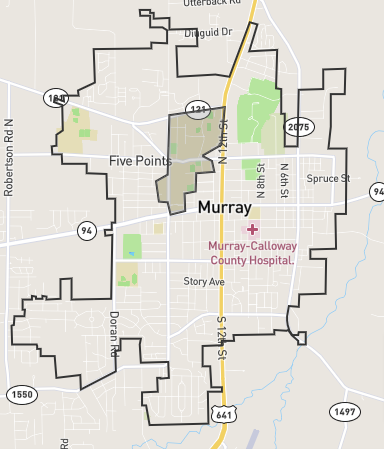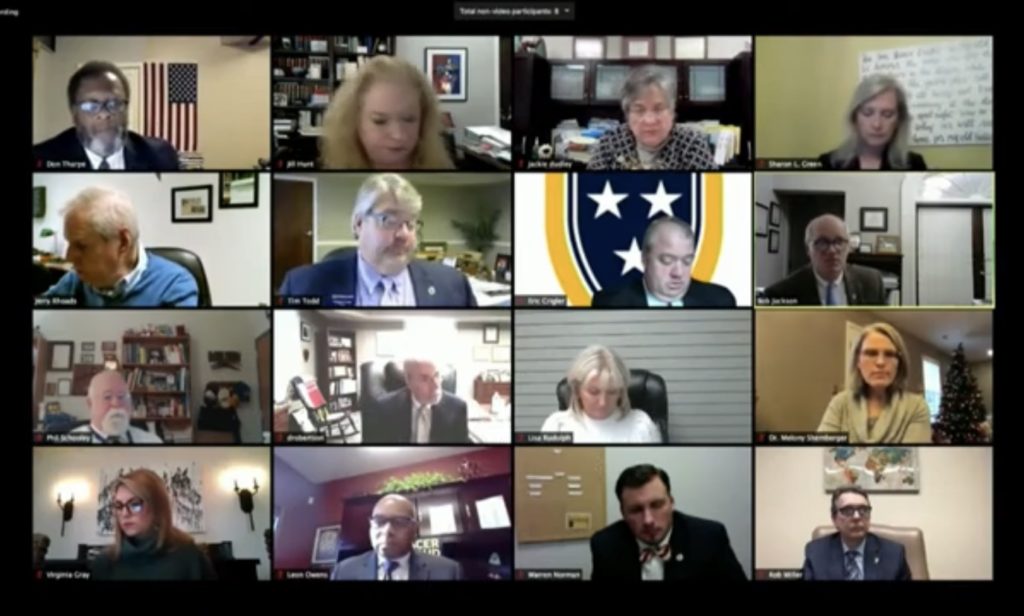The staff editorial is the majority opinion of The Murray State News Editorial Board.

After two days of power outages and generator malfunctions, Murray State seemed ill prepared for the weeks of sub-zero temperatures.
However, much of the chaos on campus could have been prevented if it was not for one small detail: a contract stating that the Tennessee Valley Authority could shut off electricity whenever the service region exceeded certain power levels. The stipulation ultimately meant no power, heat or running water to more than 40 percent of campus facilities.
The benefit was that signing the contract ensured Murray State would get a significant discount on electricity costs.
The savings from the agreement went toward new generators, which malfunctioned and left no options to students who lived in dorms, ate at Winslow Dining Hall or exercised at the Wellness Center over break.
The faulty generators should have us wondering if this contract is worth the benefit of a cheaper bill. Paying someone to fix the generators seems counterproductive when the goal is to save money.
Does the discount make up for the damages caused by water pipes that froze and burst?
This is not the first time TVA has been subjected to skepticism from its customers. In fact, it has been a target of dissatisfaction amongst other Kentucky cities.
State Representative Brett Yonts (D-Greenville) voiced his concerns with its lack of transparency when making decisions to shut down vital facilities. Students at Murray State are currently falling victim to similar, abrupt actions.
While it is easiest to point fingers at TVA?for making those decisions, the University is to blame. This was a contract where the University could have said no and prevented much of the damage from happening in the first place.
A college campus relies heavily on its ability to educate, which in this age requires steady electricity.
To sacrifice reliable and consistent education for a discount on electricity puts Facilities Management in a position to decide if money is more important than the quality education we are promised.
There are no restrictions on when TVA can shut off power campus-wide.
It could be done when we are learning in classrooms, which compromises the entire concept of learning at Murray State.
Any class syllabus will list distractions that are unacceptable. The power going out would be the biggest distraction of all.
It is situations like the winter of 2013-14 that should influence Facilities Management’s decision to be more in the favor of students – the very students who were left with no heat in their dorm rooms at record-breaking low temperatures.
This year marks the fourth year that the five-year contract has been in place.
Fortunately, this is the first time the deal has worked against Murray State.
At the same time, the University should realize how much this contract weakens our campus in times of inclement weather and crisis control.
When looking at the cost of the contract, the savings look like a hefty bonus.
What the University failed to recognize is how the deal would hold up in the small chance that we would see record-low temperatures.
For that, the benefits were outweighed by the cost of the contract failing to protect facilities on campus.
Is the $300-400,000 saved from this deal worth forcing students out of their on-campus homes and public facilities?
After witnessing the large amount of damage dealt to campus, we’re beginning to think that it is not.

































































































